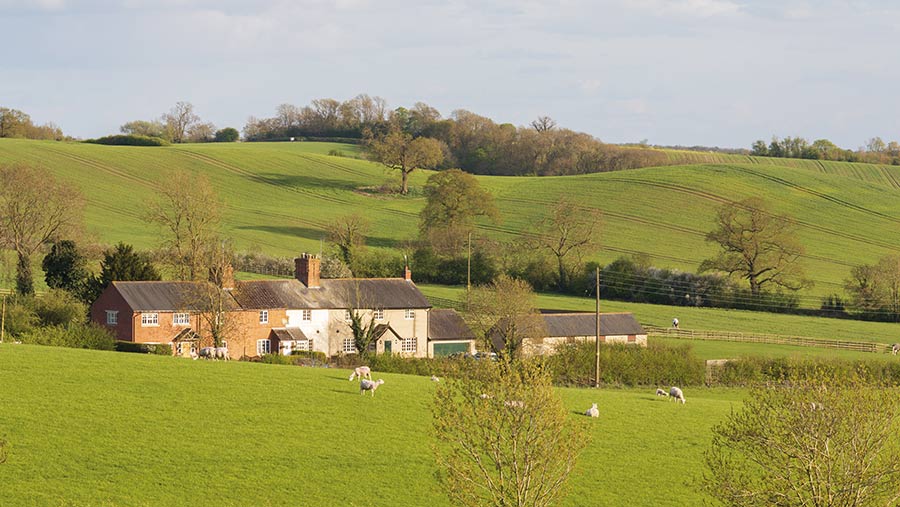ollie989898
Member
Could we produce enough of that?
I don't know, but consider that the bulk of the UK vehicle fleet will switch to electricity within 15 years so you will have far less fuel to source to begin with. Suddenly finding enough biologically sourced oil won't seem quite so daunting.








